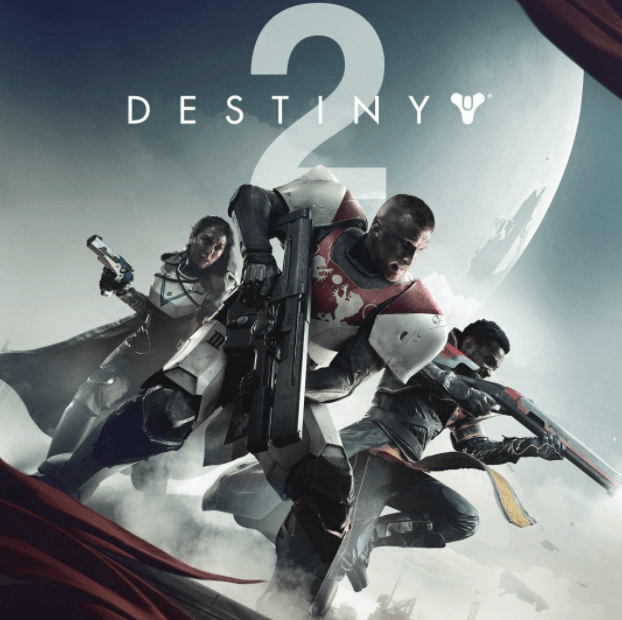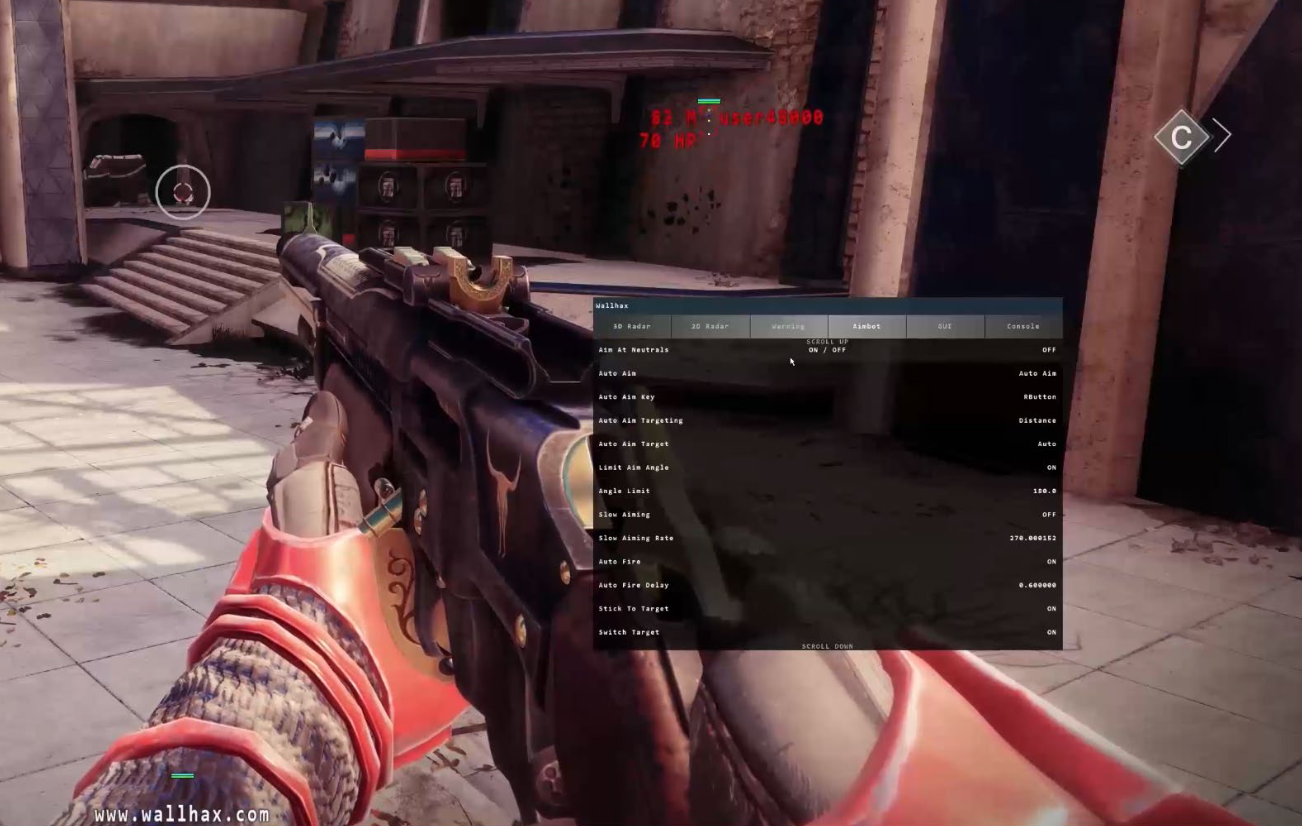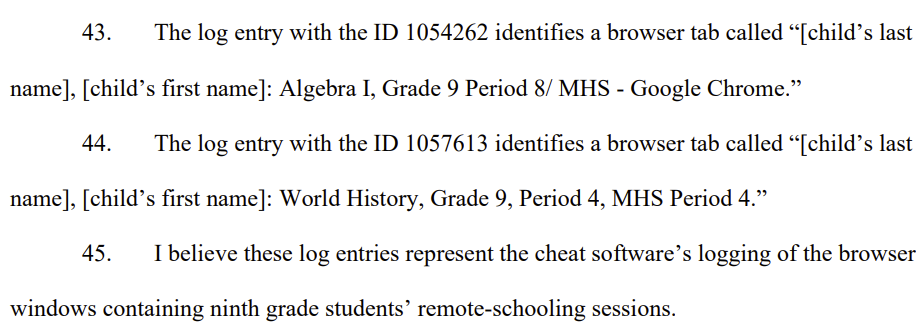-
chevron_right
Bungie Wins $12 Million in Damages From Veterancheats
news.movim.eu / TorrentFreak · Friday, 28 April, 2023 - 09:39 · 4 minutes
 Over the past several years, a wave of copyright infringement lawsuits has targeted alleged cheaters and cheat makers.
Over the past several years, a wave of copyright infringement lawsuits has targeted alleged cheaters and cheat makers.
Several game companies including Take-Two Interactive and Epic Games have taken cheaters to court in the United States. More recently, American video game developer Bungie has been rather active as well.
Bungie is known for the Halo and Destiny series, which have millions of fans around the world. The popularity of these games also attracts cheaters and cheat sellers so in an attempt to stop them, Bungie has filed several lawsuits in US federal courts.
This strategy yielded some success last year when Elite Boss Tech accepted a loss by signing a consent judgment, agreeing to pay $13.5 million in copyright damages. The lawsuit against AimJunkies is another story, as that cheat seller is doing everything in its power to fight back .
Bungie vs. Veterancheats
Bungie’s case against cheat seller Veterancheats went in yet another direction. After the lawsuit was filed in 2021, very little happened. The site’s alleged operator, Romanian resident Mihai Claudiu-Florentin, didn’t answer the complaint so Bungie was left to proceed on its own.
Earlier this year, the lack of action prompted Bungie to request a default judgment for copyright infringement and the circumvention of Bungie’s technological protection measures under the DMCA. To compensate for this wrongdoing, the game company requested more than $12 million in damages and fees.
According to Bungie, Veterancheats sold several Destiny 2 cheats, including “Razor”, “HLBOT”, and “Render.” These pieces of software allowed “unskilled” and “unethical” players to gain an unfair advantage, effectively ruining the fun for everyone else.
“Cheat software negatively impacts the gaming experience of Bungie’s community of honest players who enjoy playing and winning fairly using skill and developed through practice,” Bungie wrote.
Court Awards Millions in Damages
This week, United States District Judge Tana Lin ruled on the motion, largely siding with Bungie. After concluding that the court has jurisdiction over the Romanian defendant, Judge Lin also agreed that a default judgment is warranted based on the evidence.
The court notes that Veterancheats’ violations of the DMCA were willful and that an award of up to $2,500 per
download of the VeteranCheats Hack is justified. Since Bungie actually asked for less than that, the damages request was granted.
“Bungie has asked for only $2,000 for each of the 5,848 downloads of the VeteranCheats Hack and the Court finds that this amount is appropriate. The Court will therefore enter default judgment in the amount of $11,696,000 for Claudiu-Florentin’s violations of the DMCA,” Judge Lin writes.

For circumvention violations under the DMCA, each cheat software download goes towards the final damages amount, which can be susbstantial. The same isn’t true for statutory copyright infringement damages, which are counted per copyright work, but in this case that was irrelevant.
Instead, Bungie requested actual copyright infringement damages based on the cheat sellers’ subscription revenue. The game company relied on data obtained from payment processor Stripe to calculate the final amount.
“Bungie has provided sufficient evidence to support this request, including accounting information from Stripe, as well as Barker’s declaration which explains the basis for the calculation. The Court therefore awards $146,662.28 in actual damages for the Copyright Act claim,” the Judge adds.
Finally, Judge Lin also granted more than $200k in attorneys’ fees and costs, which puts the total default judgment amount at a sizable $12,059,912.98.
Injunction Targets Domains, Reddit, Discord, and More
In addition to the substantial damages award, Judge Lin also issued a permanent injunction that prohibits Veterancheats and Claudiu-Florentin from selling cheats for Bungie’s games or engaging in any related copyright-infringing activities.
Veterancheats is also prohibited from using other services to promote or sell the cheats. Those include Facebook, YouTube, Twitter, TikTok, Discord, GBATemp, Reddit, Telegram, Skype, WeChat, WhatsApp, Signal, and similar apps and services.
“Claudiu-Florentin is prohibited from using any social network, video sharing, or digital messaging accounts under their control to provide any content relating to the distribution, marketing, offering for sale, or promotion of the Wallhax cheat software..,” the order reads.
Even more valuable, perhaps, is that third parties, including but not limited to domain name registrars
or registries, are also prohibited from supporting these infringing and DMCA-violating activities. That means that the .com domain name of Veterancheats, which remains online at the time of writing, is at risk of being suspended if Bungie cheats are sold.
Worldwide
Finally, it’s worth pointing out that the injunction isn’t just limited to the United States. It can be enforced in every country of the world where the defendant or the cheating operation has connections.
“This permanent injunction is binding against Claudiu-Florentin worldwide, without regard to the territorial scope of the specific intellectual property rights asserted in the Amended Complaint and may be enforced in any court of competent jurisdiction wherever Claudiu-Florentin or his assets may be found,” the order reads.
All in all, this is a significant win for Bungie on all fronts. The Veterancheats website remains online but that’s not necessarily a problem in this case, as the cheat seller previously removed the Destiny 2 cheats from sale.
—
A copy of the default judgement and associated permanent injunction, issued by United States District Judge Tana Lin, is available here (pdf)
From: TF , for the latest news on copyright battles, piracy and more.
 Over the past several years, several videogame companies have taken cheaters to court in the United States.
Over the past several years, several videogame companies have taken cheaters to court in the United States.
 In the summer of 2021, game developer Bungie filed a complaint targeting three well-known cheat sellers;
In the summer of 2021, game developer Bungie filed a complaint targeting three well-known cheat sellers;
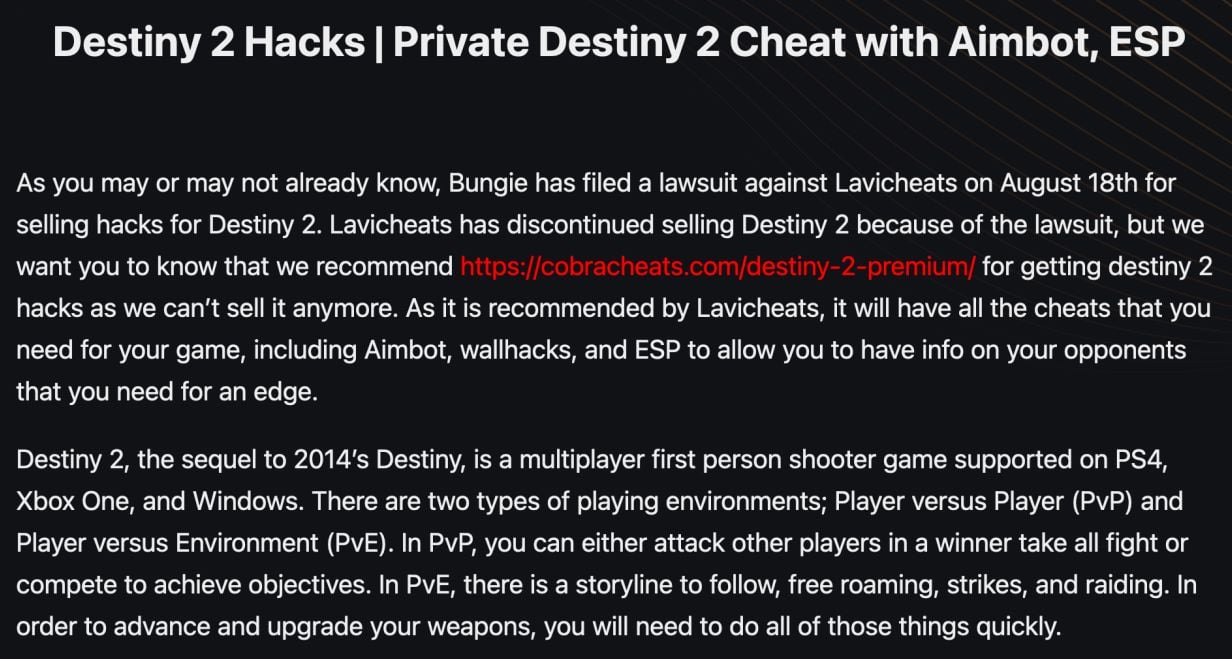
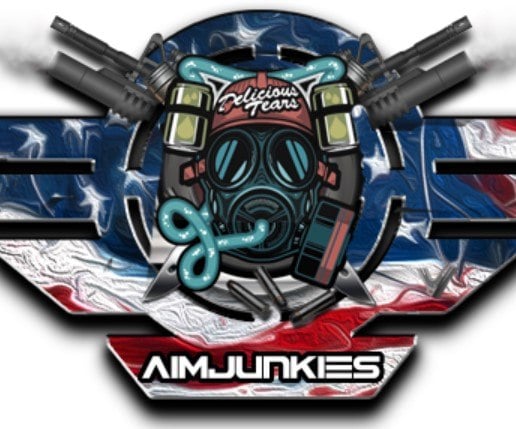 In 2021,
In 2021,






